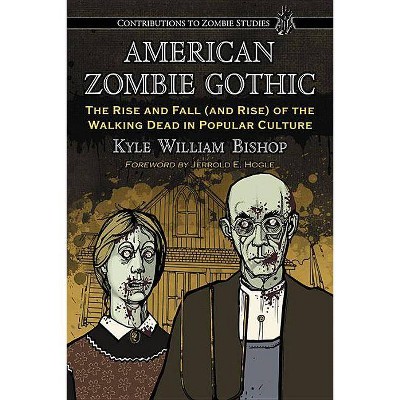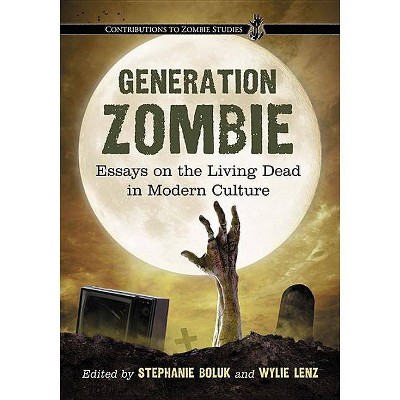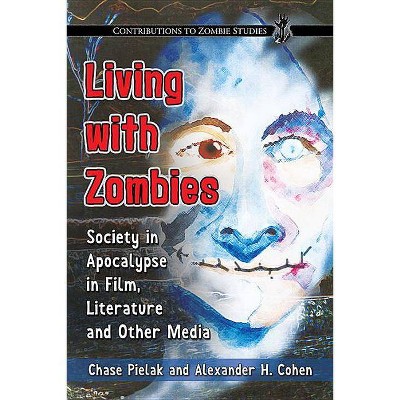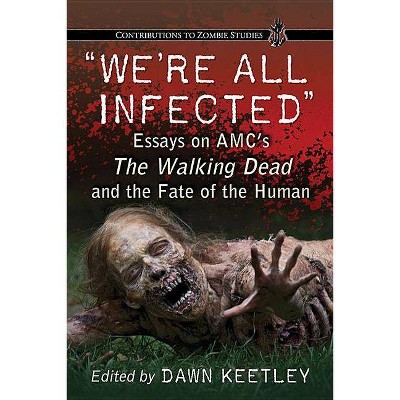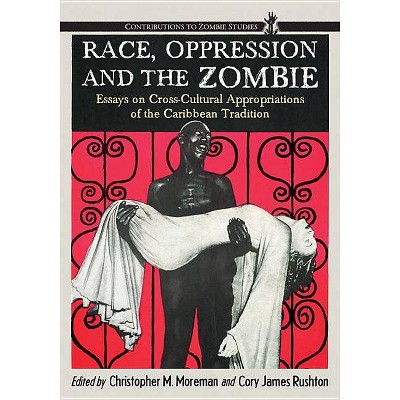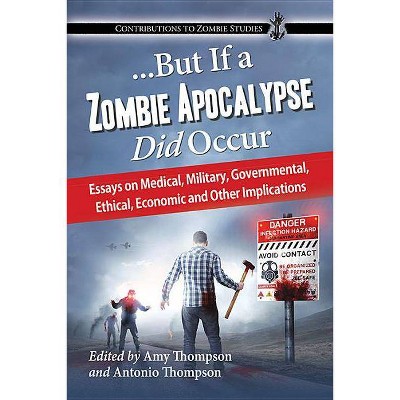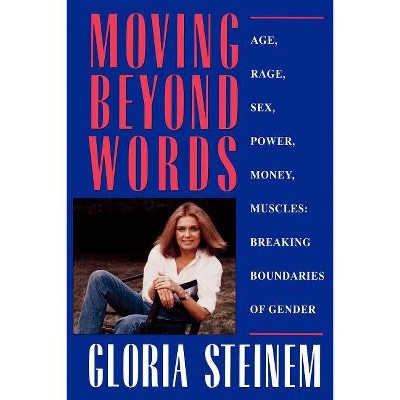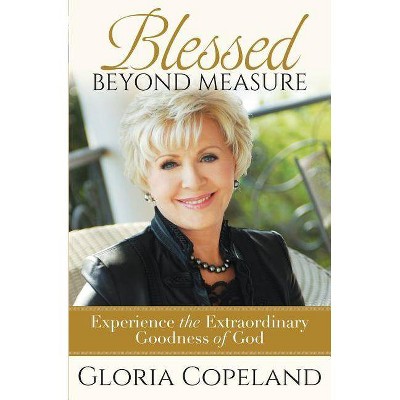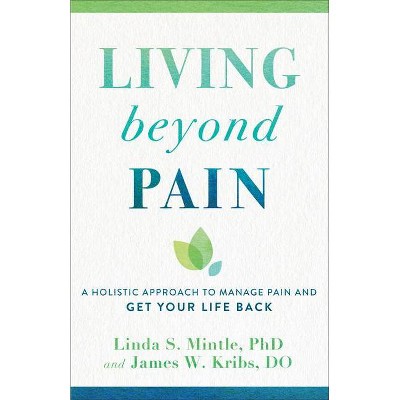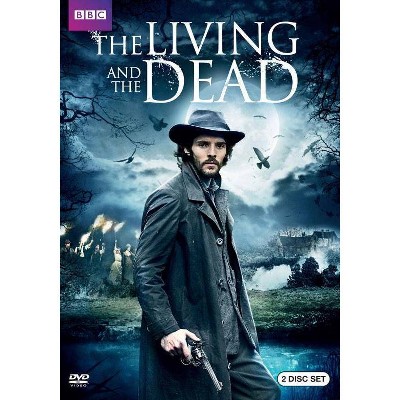Beyond the Living Dead - (Contributions to Zombie Studies) by Bruce Peabody & Gloria Pastorino (Paperback)
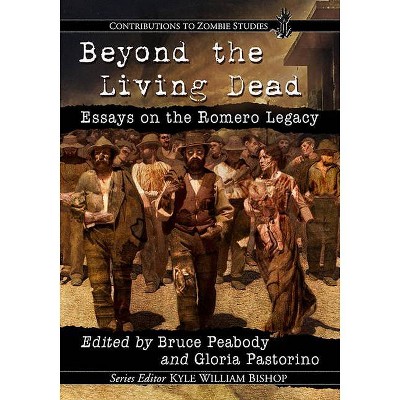
Similar Products
Products of same category from the store
AllProduct info
<p/><br></br><p><b> About the Book </b></p></br></br>"In 1968, George Romero's film Night of the Living Dead premiered, launching a growing preoccupation with zombies within mass and literary fiction, film, television, and video games. Romero's creativity and enduring influence make him a worthy object of inquiry in his own right, and his long career helps us take stock of the shifting interest in zombies since the 1960s. Examining his work promotes a better understanding of the current state of the zombie and where it is going amidst the political and social turmoil of the twenty-first century. These essays document, interpret, and explain the meaning of the still-budding Romero legacy, drawing cross-disciplinary perspectives from such fields as literature, political science, philosophy, and comparative film studies. Essays consider some of the sources of Romero's inspiration (including comics, science fiction, and Westerns), chart his influence as a storyteller and a social critic, and consider the legacy he leaves for viewers, artists, and those studying the living dead"--<p/><br></br><p><b> Book Synopsis </b></p></br></br>In 1968, George Romero's film <i>Night of the Living Dead</i> premiered, launching a growing preoccupation with zombies within mass and literary fiction, film, television, and video games. Romero's creativity and enduring influence make him a worthy object of inquiry in his own right, and his long career helps us take stock of the shifting interest in zombies since the 1960s. Examining his work promotes a better understanding of the current state of the zombie and where it is going amidst the political and social turmoil of the twenty-first century. These new essays document, interpret, and explain the meaning of the still-budding Romero legacy, drawing cross-disciplinary perspectives from such fields as literature, political science, philosophy, and comparative film studies. Essays consider some of the sources of Romero's inspiration (including comics, science fiction, and Westerns), chart his influence as a storyteller and a social critic, and consider the legacy he leaves for viewers, artists, and those studying the living dead.<p/><br></br><p><b> Review Quotes </b></p></br></br><br>"Clear, coherent, and containing the best examples of academic critical integrity, it promises to be an indispensable work that will provide a very serious foundation for taking the work of George A. Romero into this new challenging millennium."--Tony Williams, author of <i>The Cinema of George A. Romero</i> and <i>George A. Romero. Interviews</i>; "The essays in this volume show us how Romero's prophetic legacy continues to reverberate through popular culture, helping us to think about the all too real horrors that we continue to face."--Steven Shaviro, author of <i>The Cinematic Body</i><br><p/><br></br><p><b> About the Author </b></p></br></br><b>Bruce Peabody</b> is a professor of government and politics at Fairleigh Dickinson University. He lives in Ridgewood, New Jersey. <b></b><b>Gloria Pastorino</b> is a professor of Italian and French at Fairleigh Dickinson University, where she also teaches English and world literature, drama, and film. She lives in New York, New York.
Price History
Price Archive shows prices from various stores, lets you see history and find the cheapest. There is no actual sale on the website. For all support, inquiry and suggestion messagescommunication@pricearchive.us
